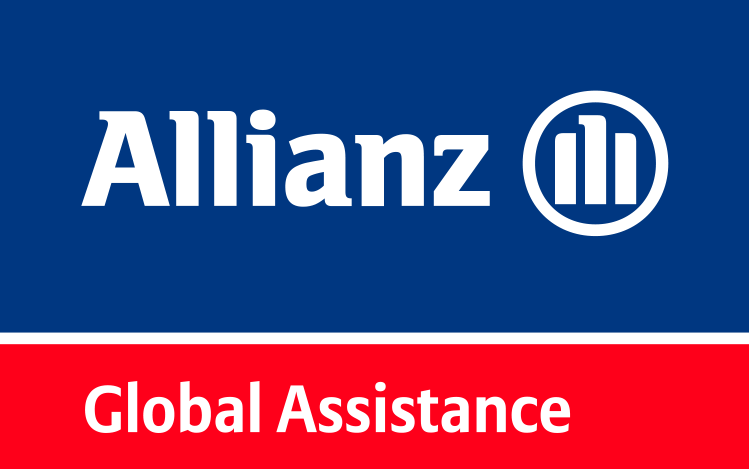Travellers hear divided opinions about Brazil. On one hand, the locals are friendly and welcoming. On the other hand, the country is notorious for its high rate of robberies, murders and disease outbreaks.
The truth is in between — hundreds of thousands of Western tourists have a happy and safe time in Brazil each year, but a few do run into trouble. Above all, it pays to plan ahead, both before you arrive and during your stay.
The Canadian Government’s travel advice and advisories website advises that travellers exercise a high degree of caution in Brazil due to high crime rates and regular incidents of gang-related and other violence in urban areas. While these crimes are more common in the big cities, such as Rio de Janeiro and Sao Paulo, they can occur even in rural areas. Pickpocketing and snatch-and-grabs are also common in tourist areas, including the beaches.
Practise common sense safety by sticking to busy and well-lit areas. Try to blend in by dressing like the locals, and don’t wear or carry expensive jewellery, watches or electronics. Travellers with designer handbags and luggage are sometimes targeted by fast-moving thieves on motorcycles. Stay in tourist areas and don’t enter the favelas — the poor shanty towns — where criminal gangs often operate.
Be careful using bank cards, as ATM tampering and credit card skimming occur. Check your balances daily for suspicious transactions and try to use ATMs that are inside hotels and shopping centres. Even your mobile phone isn’t safe — never let it out of your sight, as criminals have been known to clone SIM cards and rack up hefty bills.
Everyone — even tourists — must carry photo ID at all times. However, it’s best to leave your identity documents in the safe at your hotel, as foreign passports are often targeted by thieves. Fortunately, the Brazilian police are understanding of this and will accept a colour photocopy of your passport ID page instead.
Food from street and beach vendors is of mixed quality. Some sellers have loose hygiene standards, and the heat and humidity makes perishable foods spoil faster if they are not stored properly (for this reason, it’s a good idea to avoid buying street food late in the day). It’s also best to stick to bottled and canned drinks — the local tap water is a gamble as it can be anything from contaminated or too salty to perfectly drinkable. If you’re using a hostel kitchen, look for a tap that has a cylindrical filter attached.
Take care on public transport. In the big cities, the underground trains tend to be safer than buses, which get caught up in the hectic traffic and occasionally crash. At night, you should travel even short distances by taxi. Make sure you get a licensed taxi by calling ahead to book or by going to an official taxi rank. Don’t hail a random cab from the street — travellers have been ripped off, robbed and assaulted by fake taxi operators.
Mosquito-borne illnesses
Due to its tropical climate, Brazil is a high risk for yellow fever, Zika virus, malaria and dengue fever. Yellow fever can be vaccinated against, and it’s highly recommended doing so before your trip. If you are visiting jungle areas, consider taking anti-malaria medication and always wear a DEET containing repellent.
Infectious diseases
Brazil experiences many water-borne, food-borne and other infectious diseases. The most common are cholera, typhoid, hepatitis, leptospirosis, rabies and serious outbreaks occur from time to time. Seek immediate medical advice if you develop a fever or diarrhoea.
Go out in a group and keep a clear head while drinking. Brazilians look down on messy partygoers, even at wild celebrations like Carnival. If you find yourself in a confrontation, back down immediately as the other person may be armed. Keep an eye on your drinks to deter drink spiking — some travellers have been drugged and robbed.
Brazilian roads are not for the faint-hearted and driving should be avoided where possible. The frequent speeding, road rage, weaving traffic, big trucks and poorly maintained roads create hazards for travellers. Road safety signs can be inadequate and even red lights may be ignored by drivers. Over 40,000 people die in car accidents each year, and there is an alarmingly high number of alcohol-related crashes.
NOTICE: While the Information is considered to be true and accurate at the date of publication, changes in circumstances after the time of publication may impact on the accuracy of the information. We strongly recommend verifying the travel advisory of your destination prior to departure.
DISCLAIMER: While every effort has been made to ensure the accuracy of all information as of the date of publishing, Allianz Global Assistance does not accept liability for any errors or omissions. Allianz Global Assistance strongly recommends seeking the guidance of a professional travel agent/agency for further information on a specific destination. On your next trip, whether to another province or country, ensure you have travel insurance as it may assist you in cases of unforeseen medical emergencies and other types of mishaps that can happen while you travel. Travel insurance does not cover everything, please always refer to the policy document for full terms and conditions, including limitations and exclusions. Travel insurance is underwritten by CUMIS General Insurance Company, a member of The Co-operators Group of Companies, administered by Allianz Global Assistance, which is a registered business name of AZGA Service Canada Inc. Photography Credits: Cintia Erdens Paiva, Shutterstock.com





